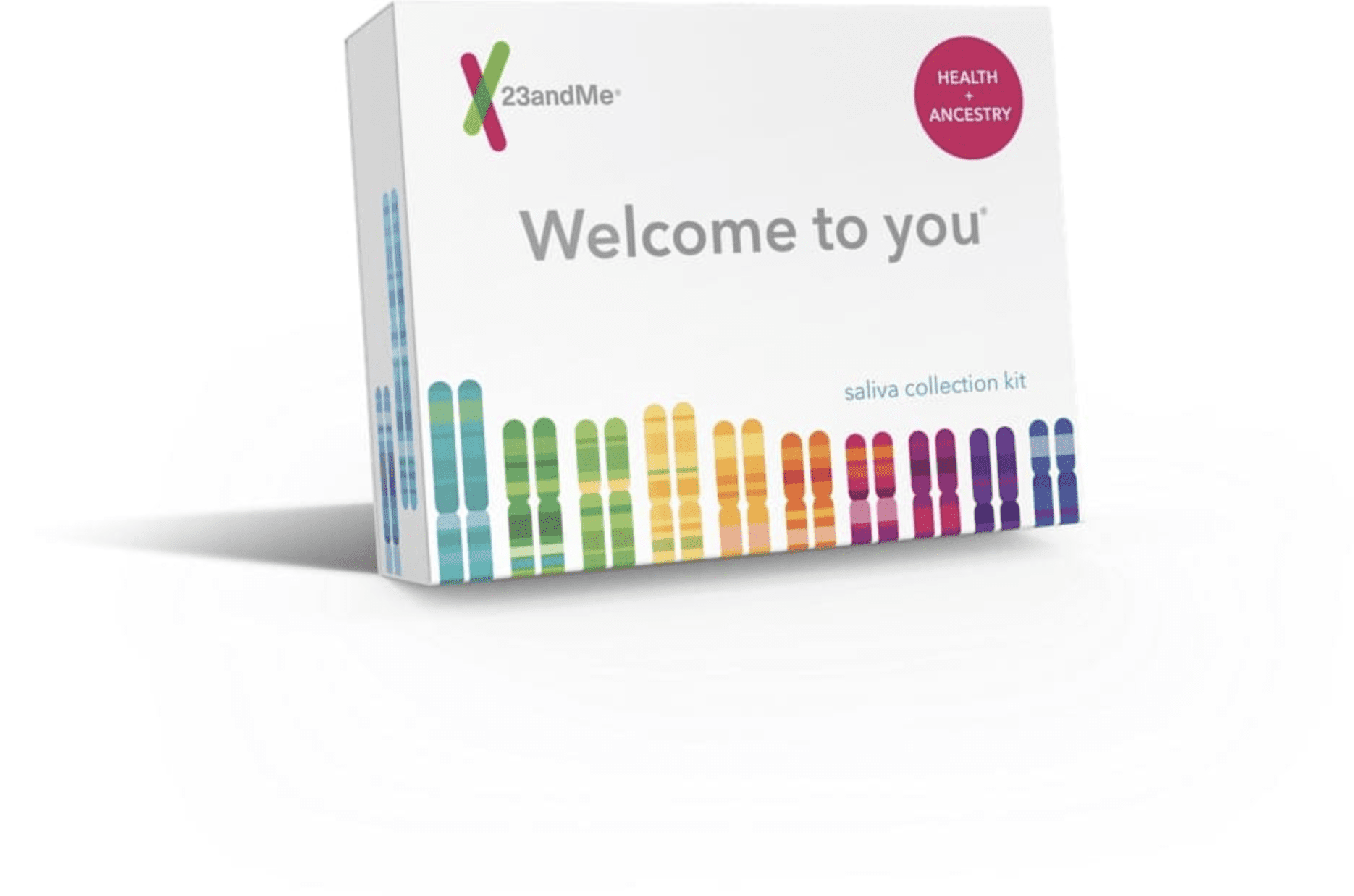Sickle Cell Anemia Understanding Genetics and Carrier Information
Causes of Sickle Cell Anemia #
Sickle cell anemia isn't just a fancy name for a bad hair day; it's caused by a little troublemaker termed the HbS variant in the HBB gene. The HBB gene is like the instruction manual for making beta-globin, one of the proteins that make up hemoglobin. Hemoglobin, in turn, is the special hero that transports oxygen throughout your body. But certain variants in the HBB gene mess with this superhero’s abilities, which can lead to inadequate oxygen delivery. Not cool.

Symptoms: When Do They Start? #
Symptoms of sickle cell anemia usually pop up by early childhood, which is just great, isn’t it?
Typical Signs and Symptoms #
While you might think sickle cell anemia would come with an instruction manual on what to expect, it’s more of a surprise party with several guests you didn’t want to invite, including:
- Anemia
- Fatigue
- Episodes of pain
- Frequent infections
- Stroke
- Injury to multiple organs
Ethnicities Most Affected #
Sickle cell anemia doesn’t discriminate! It can affect people from different backgrounds, but it's most commonly found in those of African descent. In fact, about 1 in 13 African Americans is a carrier of the HbS variant. Other groups affected include people from the Middle East, South Asia, the Caribbean, and parts of Central and South America. So, let’s just say it’s a global affair.
Discover Your Carrier Status with 23andMe #
If you want to discover whether you might be a carrier of sickle cell anemia, 23andMe has you covered. They offer a Sickle Cell Anemia Carrier Status report, which can be particularly beneficial for those of African descent or other affected ethnicities. With their Health + Ancestry Service, you can test for the HbS variant in the HBB gene and find out if you have a genetic variant that you could pass on to future generations. Knowledge is power, after all (and no, I’m not referring to a medieval sword fight).

Some Important Notes #
Just a heads up, the carrier reports tell you whether you're carrying the variant but won't determine if you have two copies of it or predict your future health. So, while the report can be helpful for understanding your genetic makeup, it’s always best to consult a healthcare professional for personalized advice.
References #
For more profound insights, check out these reliable resources:
- Bender MA et al. (2003). “Sickle Cell Disease.”
- Centers for Disease Control and Prevention. “Sickle Cell Disease.”
- MedlinePlus. “Sickle Cell Disease.”
- National Heart, Lung, and Blood Institute. “Sickle Cell Disease.”
So, whether you're a noble from House Helix or simply a curious onlooker, understanding sickle cell anemia is pivotal not just for your personal health but for your family's legacy too. Don't be afraid to dive into your genetics — it's the best kind of family drama out there!